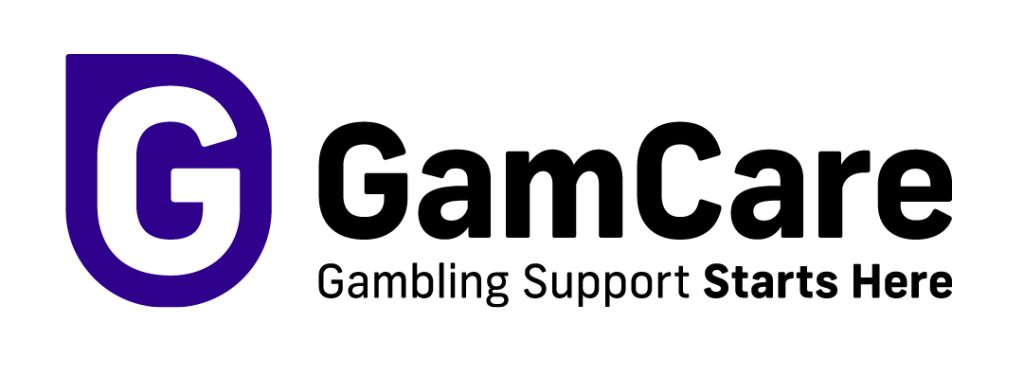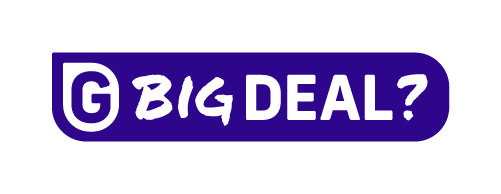To nurture the skills of resilience is key to providing young people with the ability to cope with stress, adversity, failure and challenges. Resilience is evident when young people have a greater ability to “bounce back” when faced with difficulties and achieve positive outcomes.
Resilience enables young people to recognise the risks relating to gambling and allow them to take measures to control their own gambling alongside being able to recognise gambling addiction in others and offer support.
The Issue Nationally
Data extracted from the Ipsos MORI survey, commissioned by the Gambling Commission, for 11–16-year-olds in England, Scotland and Wales in 2022
50% of 11–16-year-olds say they have participated in a gambling activity in the past 12 months.
31% of 11–16-year-olds say they have spent their own money on gambling activities in the past 12 months.
The activities they spent their own money on were: 22% arcade gaming machines, 15% private bets with friends and family, 5% playing cards for money – all either legal or unregulated forms of gambling.
However, 3% said they had spent their own money on fruit or slot machines, 2% had bet on esports, and 1% (each activity) on National Lottery Scratchcards, placed a bet on a betting website/app, or played casino games online – all illegal for under 18’s.
66% of 11–16-year-olds say they have seen or heard gambling adverts offline, and 63% had seen gambling adverts online, with 7% saying that seeing this advertising had prompted them to gamble.
Using the DSM-IV-MR-J-screen: 0.9% of 11–16-year-olds are classified as ‘problem’ gamblers, and 2.4% as ‘at risk’. This equates to around 30,000 11–16-year-olds gambling at a problematic level, and a further estimated 80,000 at risk.
Key Actions for schools to take
Since September 2020, Secondary schools are required to ‘teach about the risks related to online gambling including the accumulation of debt’ as part of statutory Health Education. (PSHE)
Gambling also appears in the statutory guidance for schools and colleges for keeping students safe in education, which was updated in September 2022. The ‘commerce’ section includes making students aware of risks such as online gambling, inappropriate advertising, phishing, and/or financial scams.
Lastly, gambling also appears in the Relationships and Sex Education (RSE) Guidance, which was updated in September 2021, under physical health and mental wellbeing for Secondary School students. The internet safety and harms section states that pupils should know the risks related to online gambling, including the accumulation of debt, and how advertising and information are targeted at them.
By the end of Secondary School pupils should:
- Identify risks and understand how to make good decisions in risky situations, particularly in regard to gambling
- Develop strategies to recognise and manage impulsive behaviour
- Recognise unhealthy behaviours in others and develop strategies to help them
- Understand the role and influence of advertising and develop socially responsible messages around gambling.


The Young People’s Gambling Harm Prevention Programme offers fully funded gambling awareness workshops for young people aged between 11 and 19. The programme also offers fully funded CPD accredited training to professionals working with young people, which is delivered by GamCare. Ygam offer a train the trainer model to schools and organisations that are looking at embedding gambling awareness sessions into their curriculum. For more information you can contact [email protected] or visit: https://bigdeal.org.uk/parents-professionals-hub
If there is a concern about the gambling behaviour of a pupil, teachers can use the Gambling Brief Intervention Guide. It includes practical tips on: identifying a problem; how to talk to someone about their gambling; offering immediate brief support; and when to signpost to specialist services. (Chiara Marin 04.01.20 – Gamble Aware – Fast Forward)
GamCare operates a specialist support service for children and young people who are experiencing gambling harm. Any professional concerned with a young person’s gambling or gaming behaviour can get in touch via [email protected] and receive advice or make a referral to the service.
Resources
Documents
Key Stage 4
External Links
- Barnardos – Why Young People Like Gaming
- BBC News – Loot boxes linked to problem gambling in new research
- BBC Newsround – Gambling and gaming: Children as young as 11 betting online
- Big Deal – Is gambling a big deal?
- Childrens Commissioner – Gaming The System
- Fast Foward Gambling Education Toolkit
- Gambling Commission Report 2022
- GamCare – Youth Outreach Programme
- Hampshire CAMHS Gaming addiction resource
- Help Guide – Smart Phone Addiction
- Internet Matters – Online Gaming The Benefits
- Internet Matters – Screen Time Advice
- NSPCC- Keeping Children Safe Online
- Young Gamblers Education Trust (YGAM)
- Young Gamblers Education Trust (YGAM) Game Glossary
- Young Gamblers Education Trust (YGAM)Game Guide



